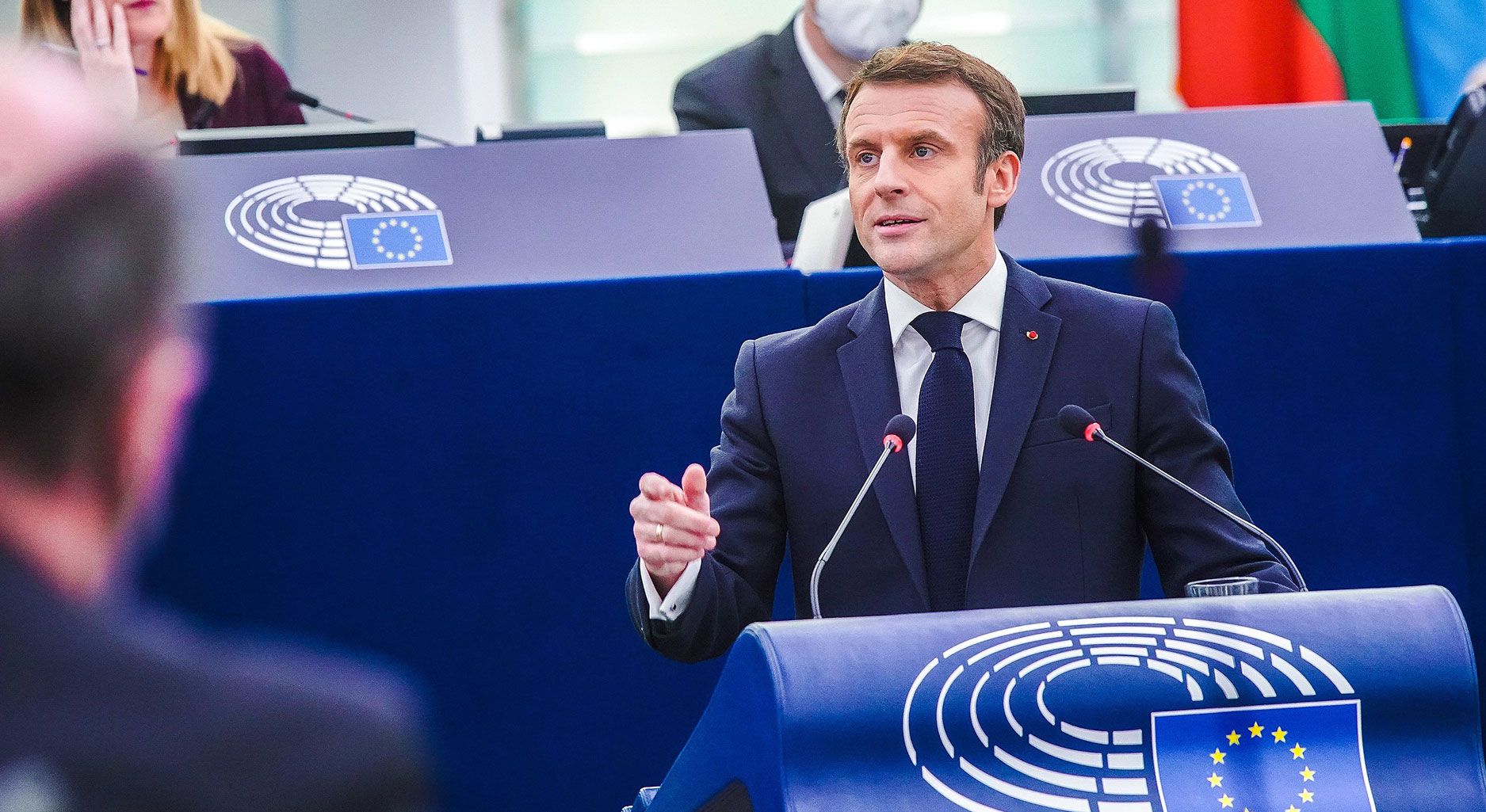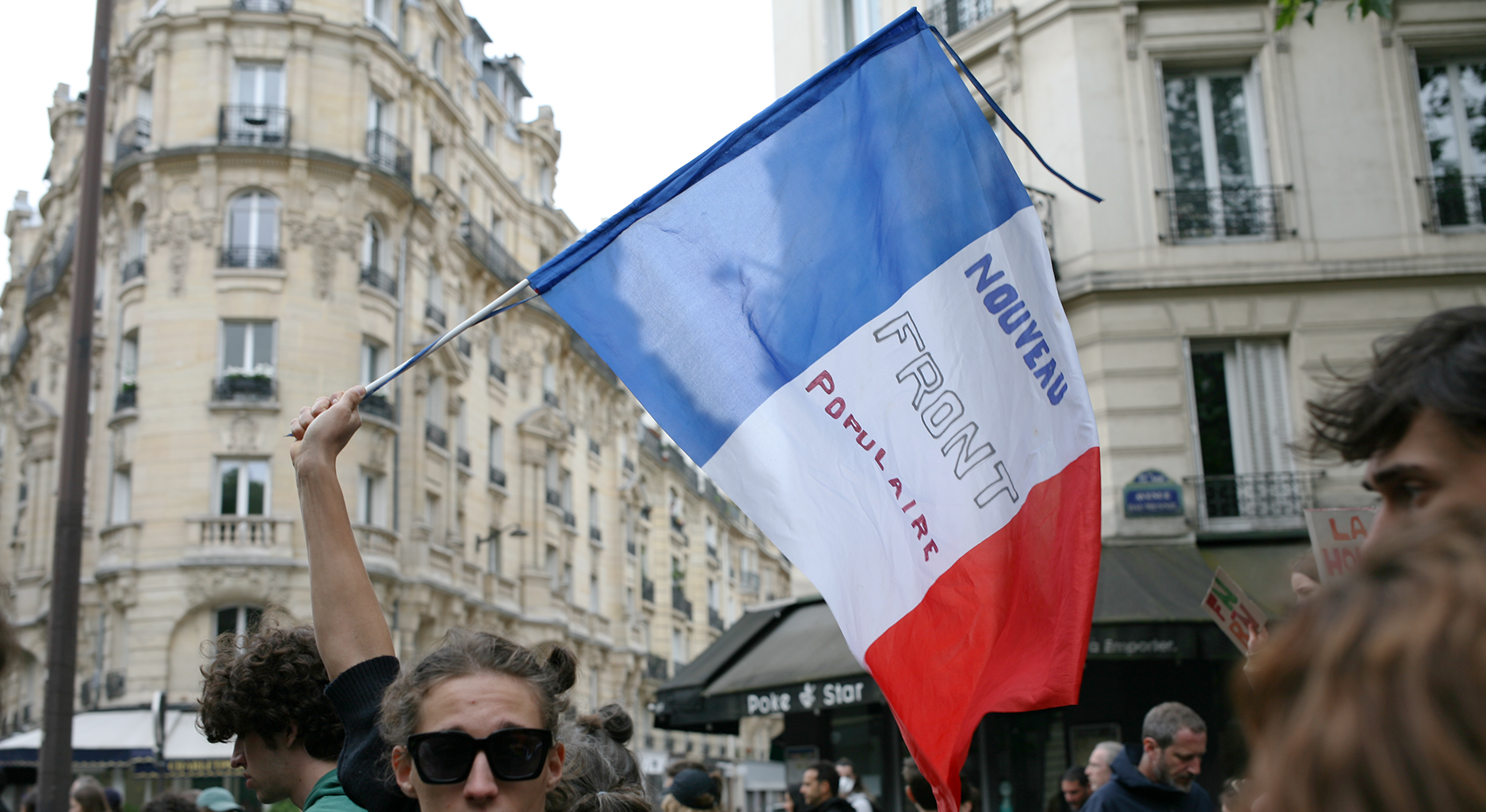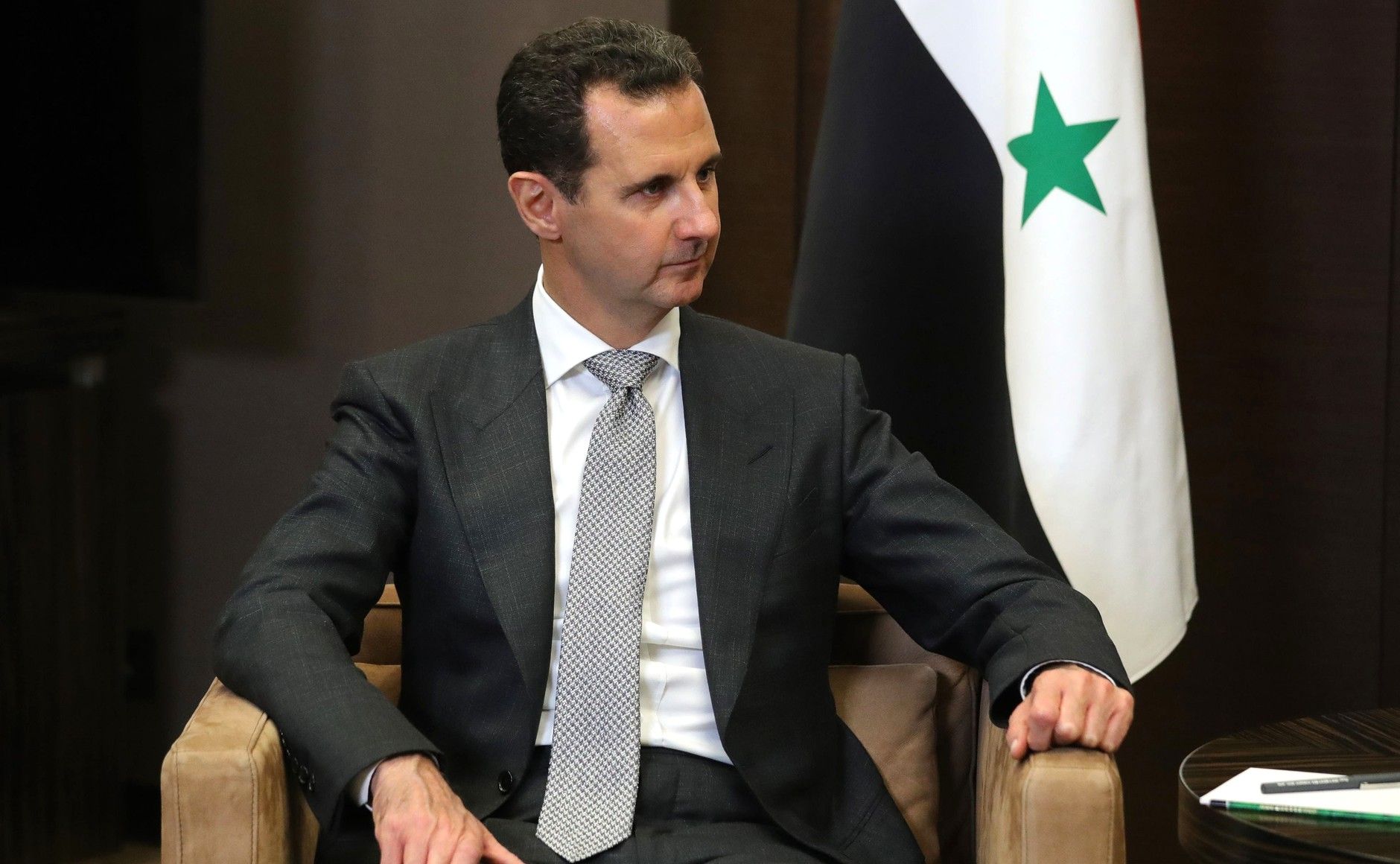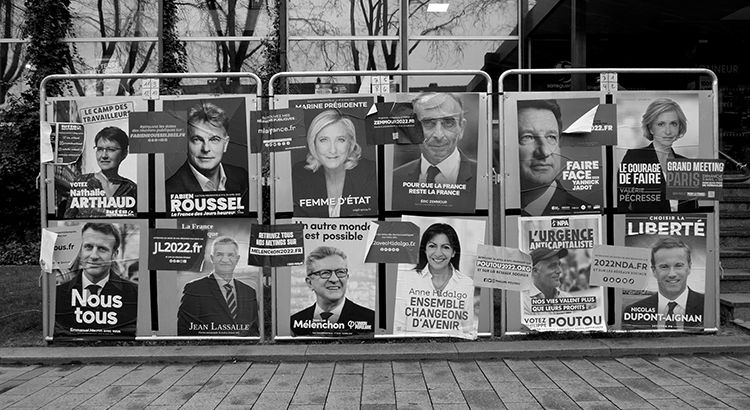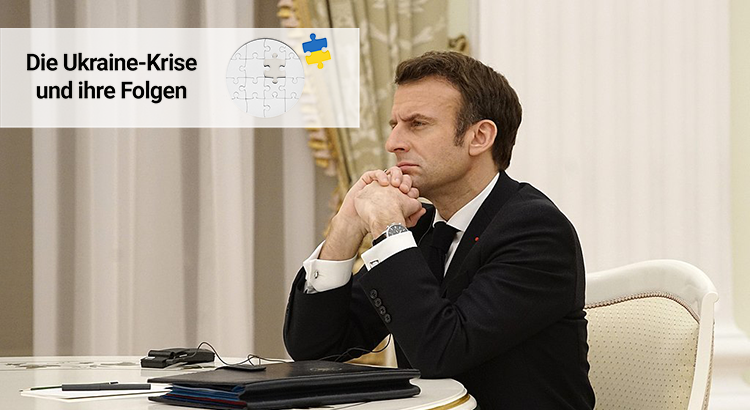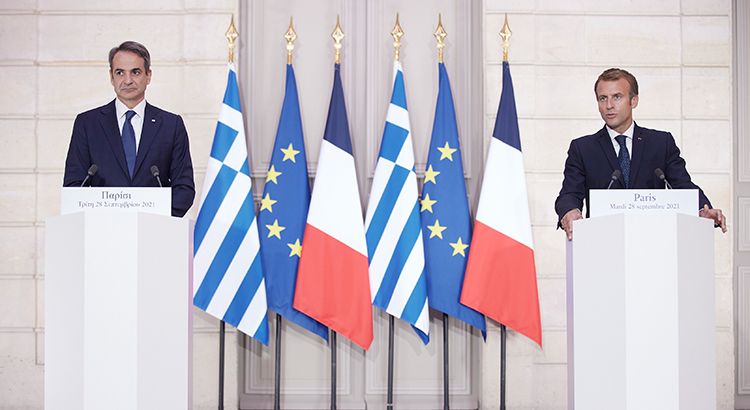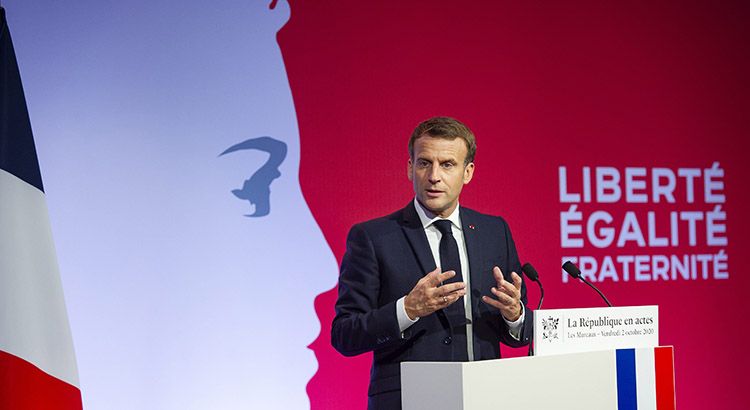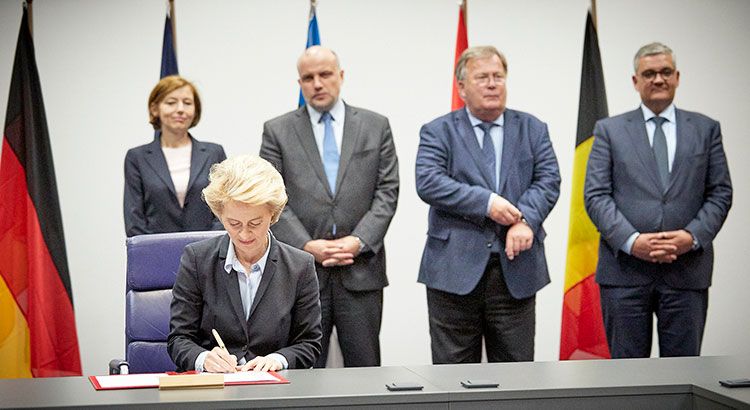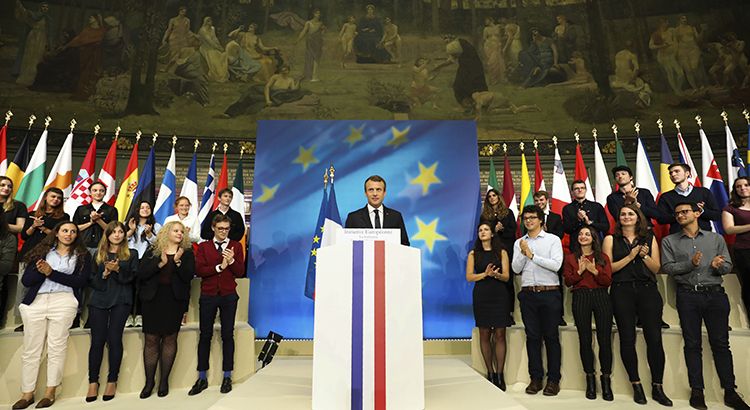Tag: Frankreich
In his speech on Europe on 25 April 2024, President E. Macron reiterated France's commitment to...
Von Frankreich lernen und mehr Demokratie wagen
Frankreich steckt in einer beispiellosen Regierungskrise, aus der wir lernen können. Die...
The French Arrest Warrant for Assad – Breaking New Ground in the Prosecution of Chemical Weapons Use?
On November 14, 2023, a French Magistrate Judge issued an arrest warrant for Syria´s President,...
Maghreb policies of Marine Le Pen vs Eric Zemmour: the victory of the “normalized” far right?
As the first turn of the French presidential election on April 10th comes closer, two far-right...
France and the Russian-Ukrainian conflict: an analysis of Macron’s diplomatic efforts
Since December 2021, French President Emmanuel Macron and his Russian counterpart Vladimir Putin...
Zerfällt die europäische Sicherheitsordnung? Die französisch-griechische Sicherheitsallianz und ihre Risiken
Die am 28. September unterzeichnete Sicherheitsallianz zwischen Frankreich und Griechenland ist...
Macron’s plan for fighting Islamist radicalization – and what Germany and other European countries should and shouldn’t learn from it
On October 2nd French president Macron presented a five-point plan to address Islamist...
Wir brauchen europäische Souveränität… und Demokratie?
2017 entwarf Emmanuel Macron sein Konzept einer Europäischen Souveränität. Was ist davon heute...
Große Vision, kleiner Schritt. Macrons Interventionsinitiative und die Folgen
Im September 2017 lancierte der französische Staatspräsident seine "Europäische...
“Mercron” in der Sicherheitspolitik? Die neue Bundesregierung und die französische Interventionsinitiative
Macrons Vorstöße für eine Vertiefung der europäischen Sicherheits- und Verteidigungspolitik und...
